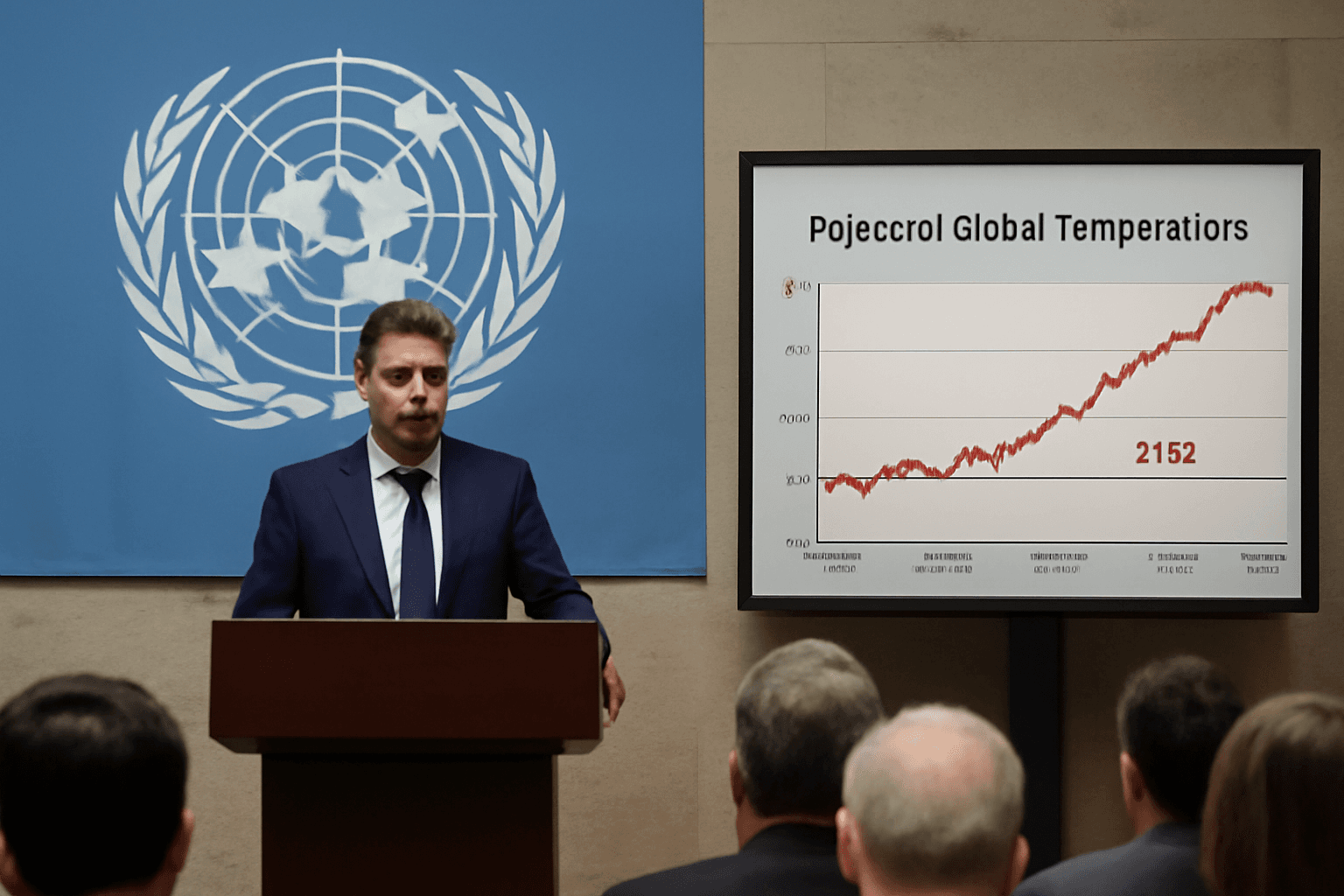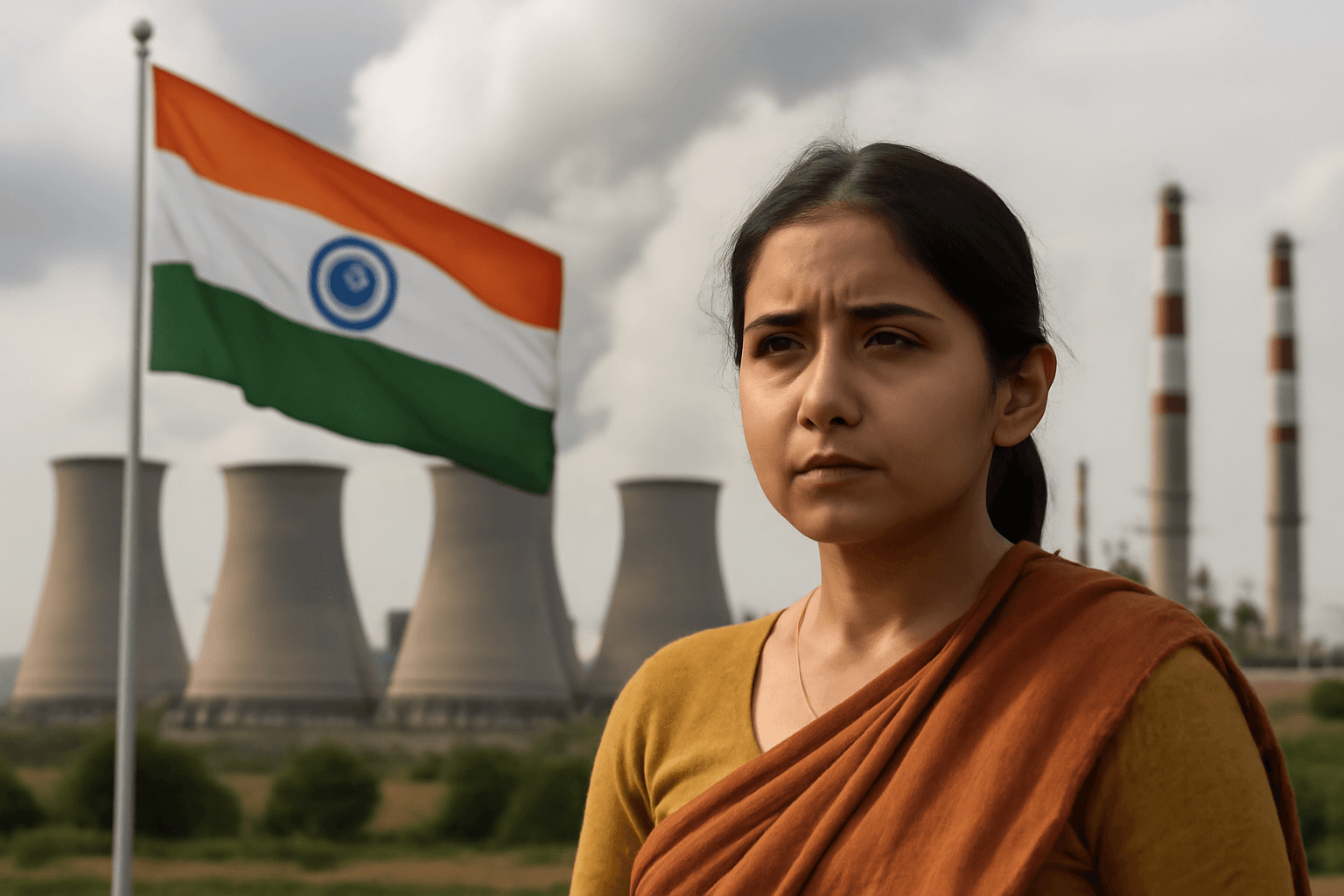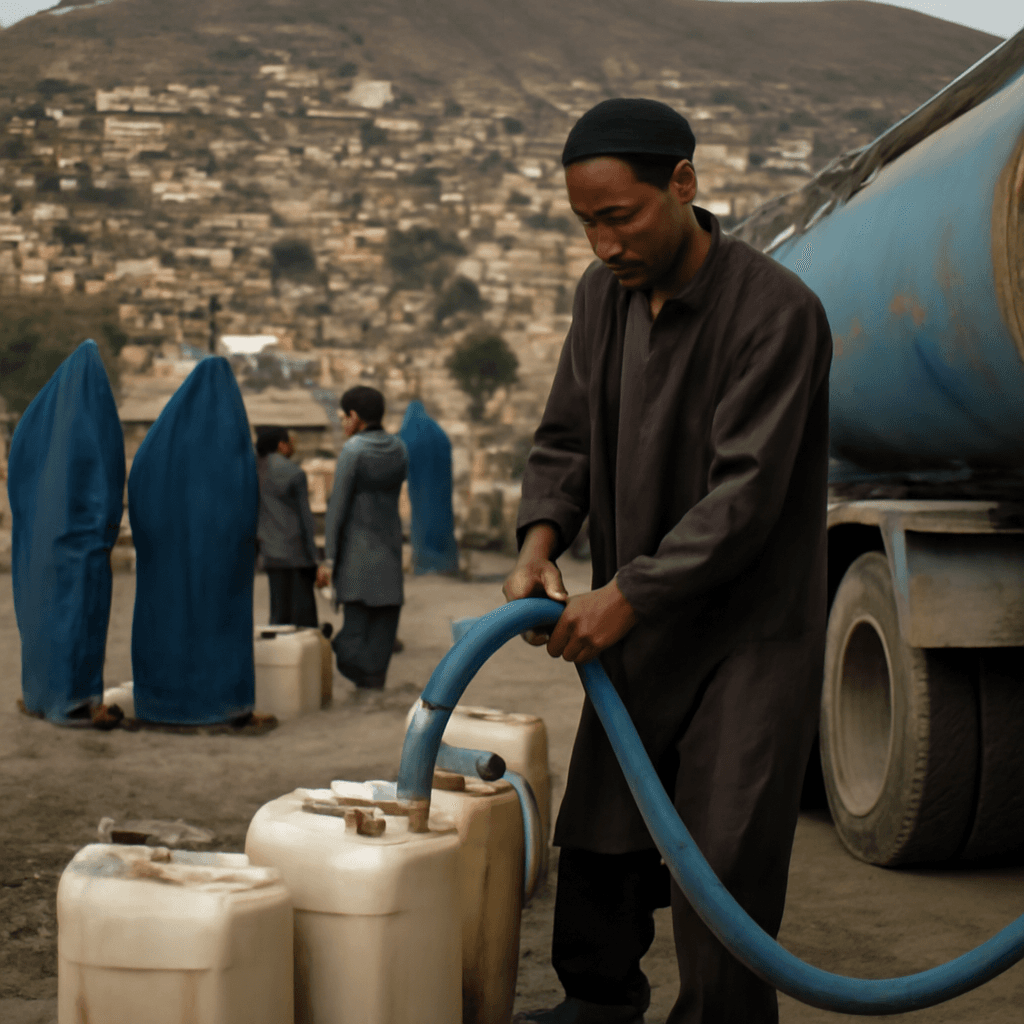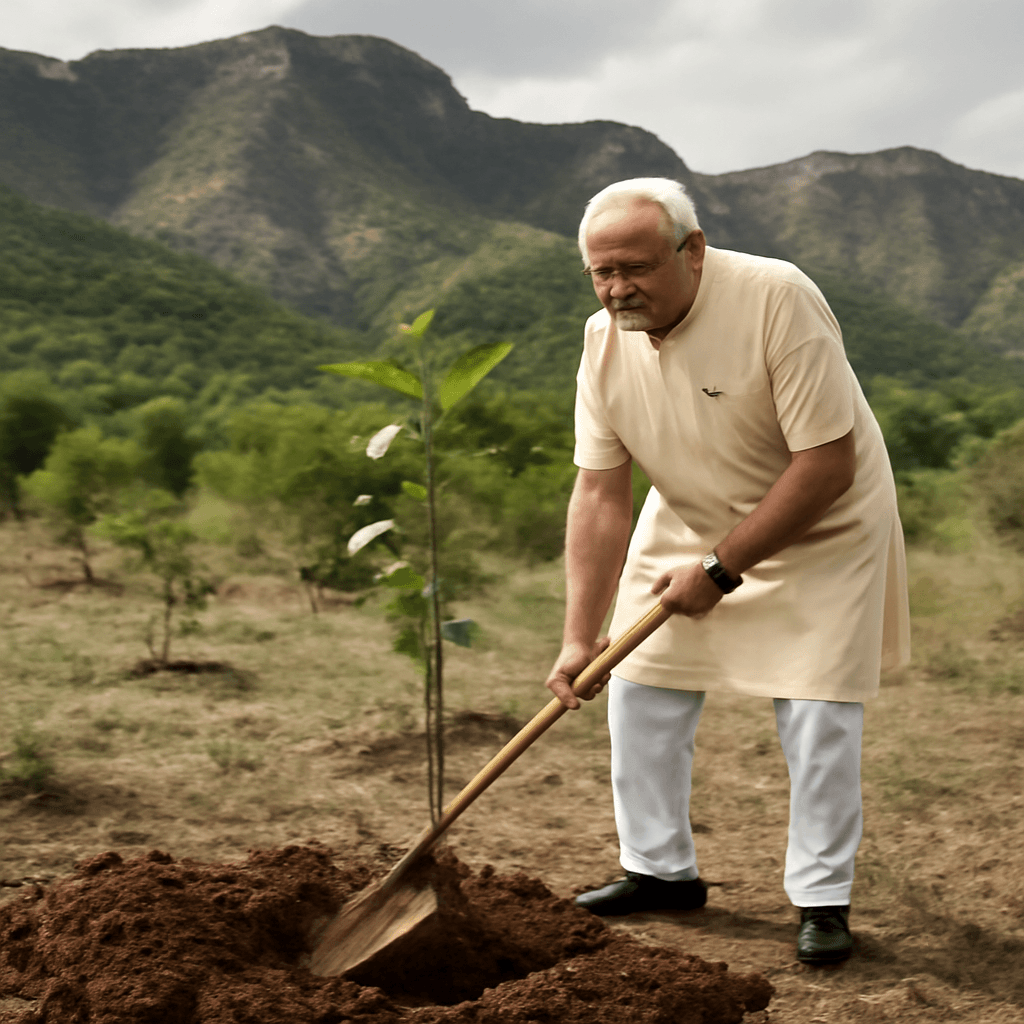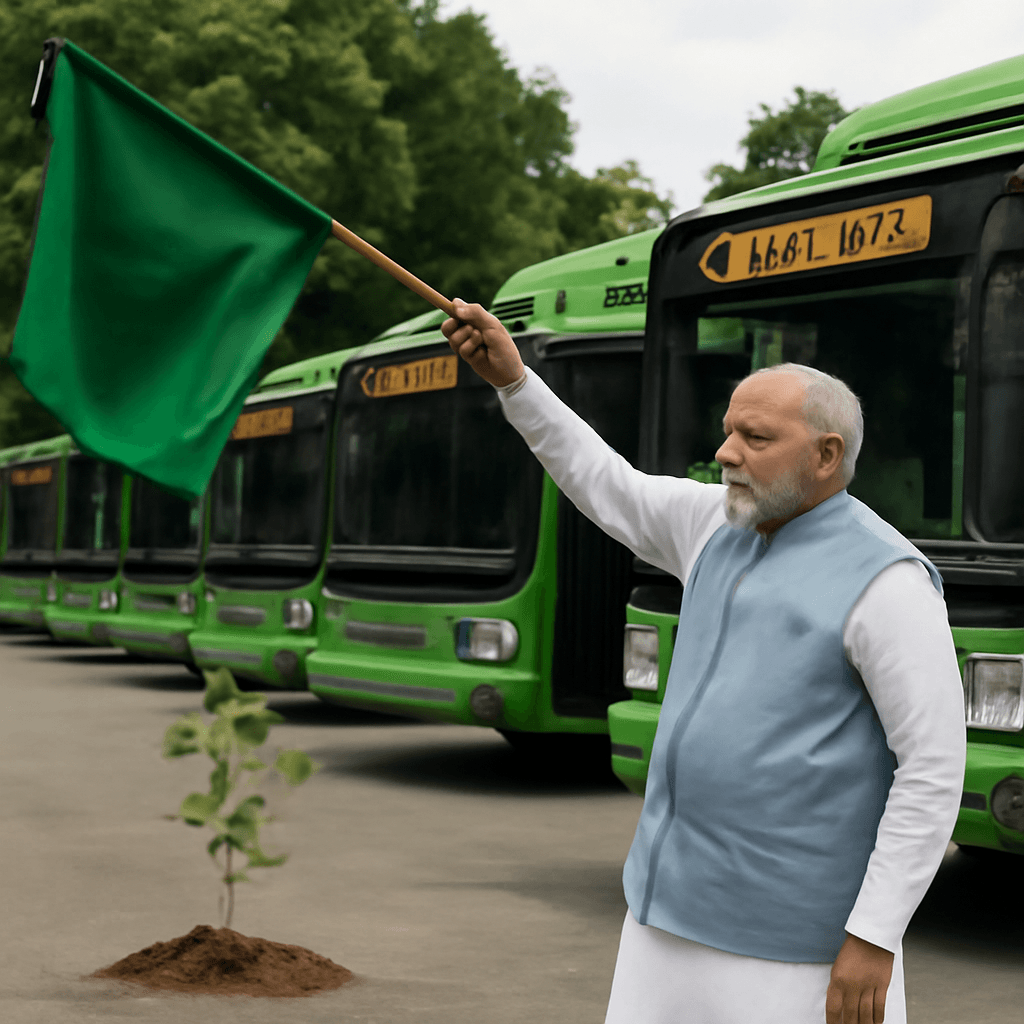PM Modi Inaugurates Aravalli Green Wall Project on World Environment Day
On World Environment Day, Prime Minister Narendra Modi initiated a significant environmental campaign by planting a sapling at Bhagwan Mahavir Vanasthali Park in Delhi. This event marked the launch of the Aravalli Green Wall Project, a major reforestation initiative targeting the 700-kilometer-long Aravalli mountain range that stretches across Delhi, Haryana, Rajasthan, and Gujarat.
Environmental Challenges of the Aravalli Range
The Aravalli range is one of the oldest mountain formations on Earth but currently faces several ecological threats. Deforestation, mining activities, livestock grazing, and human encroachment have contributed to desertification, degradation of soil quality, and loss of biodiversity in the region.
PM Modi emphasized the government's commitment to tackling these challenges. "Our focus is to rejuvenate areas linked with this range," he said, highlighting efforts to improve water management systems, reduce dust storms, and curb the eastward expansion of the Thar desert.
About the Aravalli Green Wall Project
- The project aims to develop a dense green corridor within a 5-kilometer buffer zone around the Aravalli range.
- It covers 29 districts across four states and the National Capital Territory of Delhi.
- Approximately 6.45 million hectares will be targeted for afforestation and ecological restoration.
- Currently, about 42% (2.7 million hectares) of this land is degraded, with the majority located in Rajasthan (81%), followed by Gujarat (15.8%), Haryana (1.7%), and Delhi (1.6%).
- Around 1,000 nurseries will be established within these districts to support extensive tree plantation drives.
The initiative will incorporate modern planting methods, especially in urban and semi-urban areas facing space constraints. Plantation activities will be geo-tagged and monitored via the Meri LiFE portal, enhancing transparency and efficiency.
Expected Benefits and Government Commitment
The Aravalli Green Wall is expected to significantly mitigate air pollution, improve water availability, restore soil fertility, and enhance biodiversity by revitalizing forests, grasslands, and water bodies. It will also fortify the natural barrier preventing the encroachment of the Thar desert into fertile lands and urban centers.
Furthermore, the project aligns with India's climate goals by contributing to the creation of an additional carbon sink ranging from 2.5 to 3 billion tonnes of carbon dioxide equivalent and restoring 26 million hectares of degraded land by 2030.
Employment and income generation for local communities will be additional outcomes, promoting sustainable development alongside environmental conservation.
Collaborative Efforts and Public Participation
The launch ceremony saw participation from the chief ministers of Delhi, Haryana, Rajasthan, and Gujarat, underscoring a collaborative approach among states.
PM Modi urged the youth to actively participate in this green movement to expand India's green cover and ensure a sustainable future.
Support for Sustainable Urban Transport
In conjunction with environmental efforts, the Prime Minister flagged off electric buses under Delhi's sustainable transport initiative, aimed at improving urban air quality and enhancing the quality of life for residents.



